Types Of Sleep Disorders And Conditions
Sleep is a vital part of our overall health, yet millions of people all over the world are suffering from sleep disorders [1] that affect their day-to-day lives.
There are several disorders associated with sleep. They are categorized based on specific signs, symptoms, behaviors, sleep-related breathing disorders, the sleep-wake cycle and related diagnoses. Symptoms include, but are not limited to, excessive sleepiness during the daytime, restlessness while sleeping, irregular breathing and difficulty falling asleep.
Sleep Disorders
Sleep Paralysis • Hallucinations • Sleep Apnea
Insomnia • Narcolepsy • Night Terrors
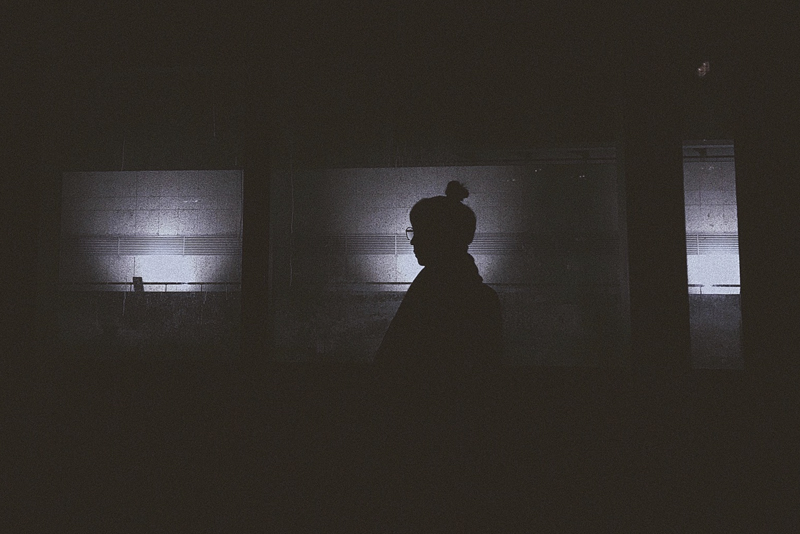
Sleep Paralysis
Sleep paralysis [2] happens when there is a sudden or even persistent disconnect between the mind and body as you exit or enter the REM sleep stage.
Sleep paralysis is a disorder that takes effect as the sufferer is falling asleep or waking. During sleep paralysis, the affected person is wide awake but unable to move or speak. These episodes occur for a few seconds or minutes and can be terrifying to experience. Ultimately, sleep paralysis is not dangerous.
Sleep paralysis occurs when a person is consciously awake while the rapid eye movement (REM) stage of sleep is still in process. REM sleep is the period of sleep when dreams start to form. It’s during the REM stage when your brain disconnects from your body. The brain remains active, but the body is unable to move except for the eye muscles. Scientists theorize that this happens to prevent any physical harm you might inflict on yourself while dreaming.
Sleep Disorders
Sleep Paralysis • Hallucinations • Sleep Apnea
Insomnia • Narcolepsy • Night Terrors
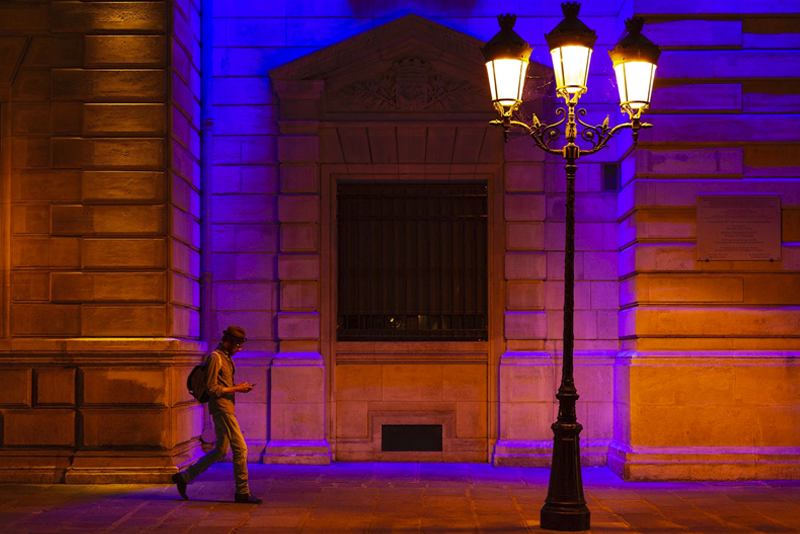
Hypnagogic Hallucinations
Hypnagogic hallucinations may also occur during sleep paralysis. If they occur as during the process of waking, they are called hypnopompic hallucinations [3]. During these episodes, a person may experience visual, auditory or olfactory hallucinations.
Some people experience sleep paralysis once or twice in their lifetime, but there those who suffer episodes frequently. Most of the time, this condition affects teenagers and young adults.
Sleep Disorders
Sleep Paralysis • Hallucinations • Sleep Apnea
Insomnia • Narcolepsy • Night Terrors

Causes of Sleep Paralysis
Sleep paralysis [4] can occur due to jet lag or a prolonged interruption of regular patterns. Narcolepsy, restless legs syndrome, mental disorders and even sleeping on your back may cause this condition.

Common Treatments for Sleep Paralysis
Typically, sleep paralysis does not require treatment. However, seek your doctor’s advice if a lack of sleep affects you during waking hours. If the episodes cause anxiety or fear, speak to a medical professional. Your doctor will have you detail your symptoms and explore any familial existence of sleep disorders. Sometimes, doctors suggest overnight sleep studies at specialized sleep centers in order to monitor patients for a variety of conditions.
Sometimes, anti-depressants are prescribed [5] to assist your body in adopting a regular sleep cycle. Specialists assess any sleep-related movement disorders (i.e. restless legs), sleep-related breathing disorders (i.e. sleep apnea), confusional arousals or narcoleptic tendencies.
As with any disorder, treatment is dependent on the specific diagnosis. Sometimes, it is a matter of developing good sleep hygiene. The overall goal is to determine why the sufferer is not sleeping through the REM stage of sleep.
Sleep Disorders
Sleep Paralysis • Hallucinations • Sleep Apnea
Insomnia • Narcolepsy • Night Terrors

Sleep Apnea
Snoring all night, sudden jolting awake interrupted breathing and daytime fatigue is all symptoms of sleep apnea [6].
Sleep apnea can be dangerous. This disorder causes a repeated cessation and continuation of breathing. It is believed about 22 million Americans suffer from sleep apnea. Researchers [7] estimate about 80% of moderate and severe obstructive sleep apnea cases go undiagnosed.
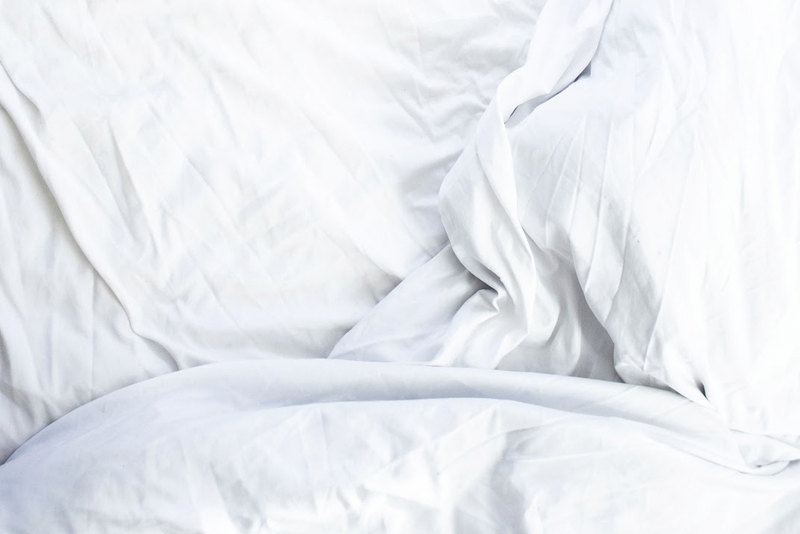
Causes Of Sleep Apnea
Sleep apnea is categorized based on its specific cause. Obstructive sleep apnea (OSA) occurs when the upper airway gets obstructed several times during sleep. Breathing is either restricted or completely stops. Central sleep apnea occurs when the brain is not sending the appropriate signals to the body to breathe. The body may jolt to restart the breathing process.
Some people suffer from a combination of both types of sleep apnea. Both conditions interrupted regular breathing, causing the brain to instruct the body to wake so that breathing may start again. This can result in from as little as two to as many as hundreds of sleep interruptions per night — resulting in daytime lethargy and difficulty concentrating, amongst other issues.

Common Treatments For Sleep Apnea
A sleep apnea diagnosis often requires healthcare professionals to study patients in a sleep disorder center. While the patient sleeps, specialists monitor the person’s sleeping pattern via EEG, vital signs and observation. The person is evaluated during REM and Non-REM sleep.
Undergoing a sleep study is an effective way of determining if a person is experiencing disordered breathing or a number of other sleep ailments.
Usual treatments for this condition include limiting caffeine and alcohol intake and managing obesity through regular exercise and a healthy diet.
Sleep Disorders
Sleep Paralysis • Hallucinations • Sleep Apnea
Insomnia • Narcolepsy • Night Terrors

Insomnia
Sometimes, we try to work out the problems we did not solve during the day as soon as we close our eyes. When a poor sleeping pattern emerges on a regular basis, insomnia may be the culprit. It is important to treat insomnia as it can lead to other, more problematic health problems.
What is insomnia exactly? Insomnia [8] is a sleep disorder best characterized by difficulty falling asleep or staying asleep. Unfortunately, some people experience both of these symptoms. Insomnia is categorized as either acute or chronic. With acute insomnia, a person may suffer from short-term sleeplessness. Chronic insomnia can occur repeatedly for a month or longer.
Insomnia leads to daytime sleepiness and low energy levels which can result in irritability, anxiety and depression. Sufferers can experience impaired judgment which puts them at risk at work or while driving.

Causes Of Insomnia
There are several causes of insomnia [9] according to the Sleep Foundation:
-
- GERD or gastroesophageal reflux
- Asthma
- Arthritis
- Sinus or nasal allergies
- Lower back pain
- Chronic pain
- Anxiety
It is also possible for this sleep disorder to be triggered by unhealthy sleep habits, medications and biological factors. There are times when insomnia is not the primary issue but rather a side effect or symptom of another underlying condition.

Common Treatments For Insomnia
Experts recommend lifestyle changes for those suffering from acute insomnia because this condition can sometimes be corrected by altering sleep habits. Smokers need to reduce or quit entirely as the stimulants prevent the body from relaxing.
For those who do not sleep because of behavioral problems, cognitive-behavioral therapy (CBT) is recommended. This treatment teaches relaxation techniques as well as biofeedback to reduce anxiety attacks, train muscle control, breathing, mood and heart rate. Sleep medicines can also be prescribed by doctors for both acute and chronic sleeplessness.
Sleep Disorders
Sleep Paralysis • Hallucinations • Sleep Apnea
Insomnia • Narcolepsy • Night Terrors
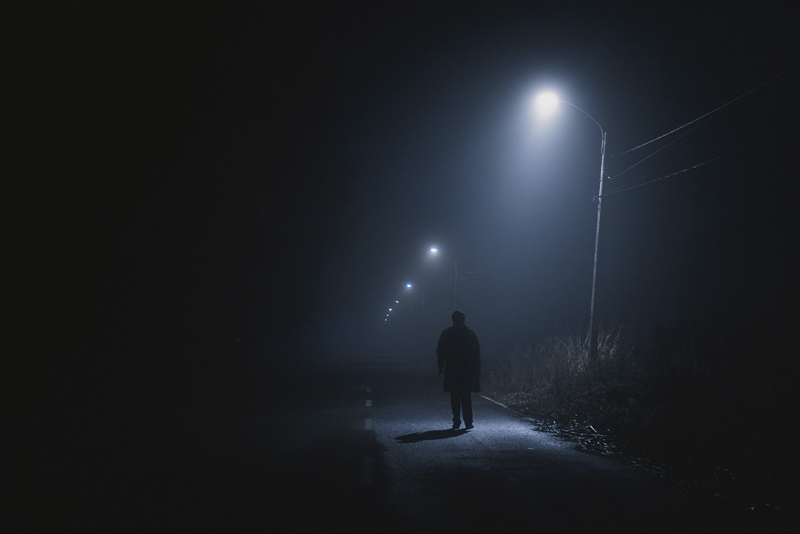
Narcolepsy
Narcolepsy is a neurological condition that affects a small percentage of the population. Not everyone is aware they have this condition. It involves irregular patterns in Rapid Eye Movement (REM) sleep as well as sleep disturbances to the normal sleep-wake cycle. This sleep disorder can affect personal relationships and overall safety in the general public.
Those who suffer from narcolepsy experience excessive daytime sleepiness and may fall asleep in the middle of a task. Sleep problems like this pose a real danger to both the sufferer and those around them.
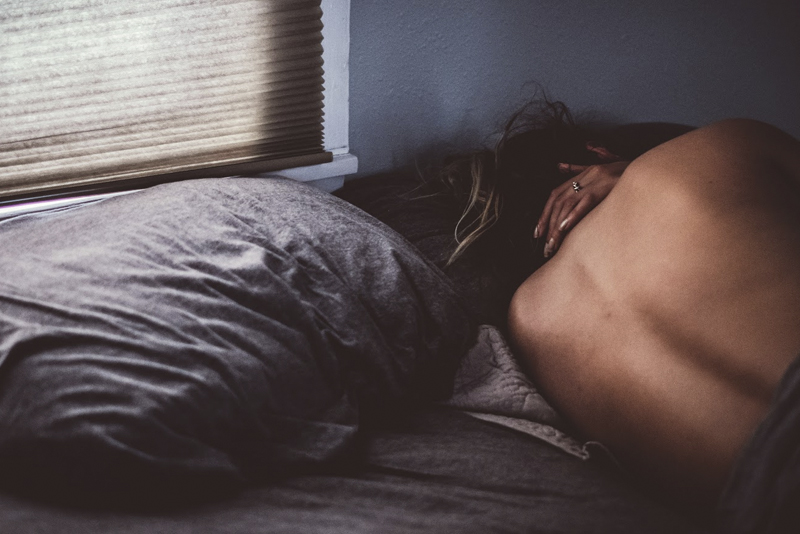
Causes Of Narcolepsy
There is no definitive answer in regards to the exact cause of narcolepsy. However, several triggers point to low levels of hypocretin, a critical neurochemical, in the brain. Hypocretin helps regulate the sleep-wake cycle.
Sometimes people experience a cataplexy attack during a narcolepsy episode. During cataplexy attacks, a person experiences a sudden and uncontrollable episode of muscle weakness or paralysis. Cataplexy [10] is often triggered by an intense emotion such as fear, excitement or laughter. Although those who experience cataplexy have low hypocretin levels, it is not known why the levels fall so low.

Common Treatments For Narcolepsy
Anyone who experiences bouts of narcolepsy should be evaluated by a healthcare professional. A sleep scientist will be able to determine the condition through a series of studies.
Recommended treatments include behavioral changes as well as certain medications. Since this condition is not well-known and quickly debilitating, people may have trouble managing it. Getting counseling or joining support groups that are familiar with this condition can be important sources of assistance.
Sleep Disorders
Sleep Paralysis • Hallucinations • Sleep Apnea
Insomnia • Narcolepsy • Night Terrors
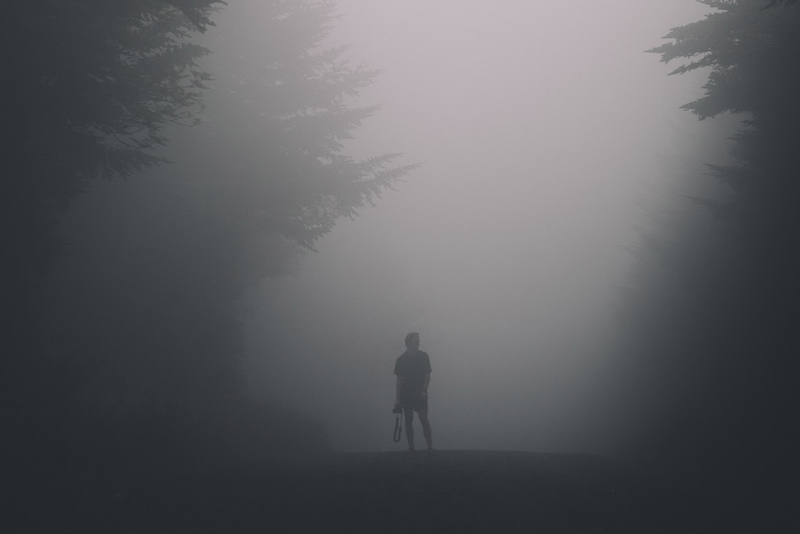
Night Terrors
Being woken by intense screaming from a child in the middle of the night can cause parents to panic. Night terrors plague children, but adults can also have them too. Children usually outgrow their night terrors, but they can be unnerving for both the child and their parents.
Night terrors [11] are episodes when a person flails, screams, or has an intense fear while they are still asleep. These terrors may last anywhere from a few seconds to a full minute. However, the intensity with which the episodes strike may make them seem longer. In extreme cases, children may suffer from sleep deprivation if their sleep is interrupted frequently. This condition is not considered dangerous unless the symptoms become severe or the side effects take a toll on the sufferer’s health.
Compared to nightmares, children are not aware of what they have dreamt of during a night terror. Nightmares, on the other hand, remain with children even after they awaken.

Causes Of Night Terrors
Several factors that contribute to sleep terrors include sleep deprivation, sleep schedule disruptions, stress, fever, restless legs syndrome, abnormal breathing and certain medications. In children, these terror attacks can happen because their sleep-wake cycles are disrupted. In the case of adults, mood swings and even underlying health conditions can trigger the disorder.

Common Treatments For Night Terrors
Night terrors do not require any treatment as this condition usually passes once the children enter their teenage years. However, seek help from a sleep disorder specialist for possible solutions if these episodes continue for years.
Sleep Disorders
Sleep Paralysis • Hallucinations • Sleep Apnea
Insomnia • Narcolepsy • Night Terrors
The Last Word On Sleep Disorders & Conditions
Sleep disorders can affect us regardless of age. Understanding these sleep problems and treating them can prevent you from suffering adverse effects on your health.
Sleep Disorders Resources;
[1] Mayo Clinic; Sleep disorders.
[2] NHS Choices; Sleep paralysis, June 10, 2016.
[3] Medical News Today; What are hypnagogic hallucinations?, Claire Sisson, February 28, 2018.
[4] Live Science; Sleep Paralysis: Causes, Symptoms & Treatment, Alina Bradford, September 13, 2017.
[5] Live Science; Sleep Paralysis: Causes, Symptoms & Treatment, Alina Bradford, September 13, 2017.
[6] National Heart, Lung, and Blood Institute; Sleep Apnea.
[7] Medline Plus; Sleep Apnea.
[8] Mayo Clinic; Sleep disorders.
[9] National Sleep Foundation; What Causes Insomnia?.
[10] National Sleep Foundation; Cataplexy.
[11] Mayo Clinic; Sleep terrors (night terrors).


